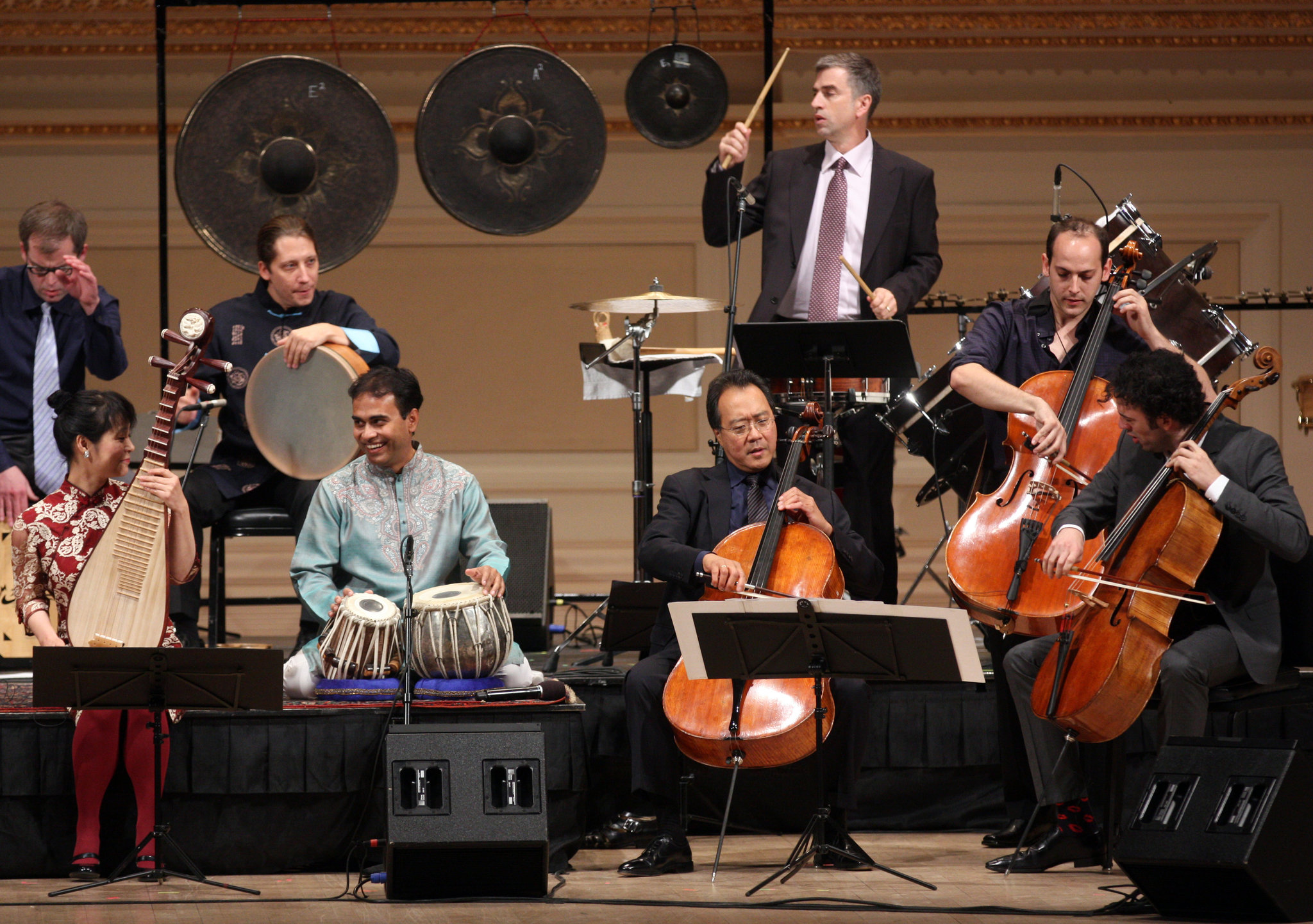Watch 5 Moments When Classical Music Met Politics
Alan Gilbert has chosen to celebrate the close of his tenure as music director of the New York Philharmonic on a political note, with a program called “A Concert for Unity.” By inviting musicians from countries including Iran and Israel to join Philharmonic members on the stage of David Geffen Hall on Thursday, Friday and Saturday, Mr. Gilbert is clearly trying to steer against the divisive winds coming out of Washington.
But he is also inserting himself into a tradition of bridge-building musical events that reach back to the aftermath of World War II. Here are five memorable moments of musical diplomacy.
A Cold War Coup
Van Cliburn, a gawky 23-year-old, had a Cold War-thawing victory at the Tchaikovsky Piano Competition in Moscow in 1958. As Stuart Issacoff argues in his new book, “When the World Stopped to Listen,” the young Texan virtuoso’s combination of profound musicality and genial manners softened Soviet hearts, briefly suspended us-versus-them animosity against the West, and may have sowed the seeds for perestroika.
A Postwar Requiem
Benjamin Britten’s “War Requiem” is a powerful indictment of battle by an English composer who remained an avowed pacifist throughout the Second World War. For the work’s 1962 premiere, at the consecration of the rebuilt Coventry Cathedral, which had been destroyed by Nazi bombers, the English tenor Peter Pears and the German baritone Dietrich Fischer-Dieskau sang side by side. This video shows a performance in the same space, 50 years later.
A Fallen Wall
Schiller’s “Ode to Joy” became an “Ode to Freedom” when Leonard Bernstein conducted Beethoven’s Ninth Symphony in Berlin just weeks after the fall of the wall there in 1989. The chorus and instrumentalists included performers from West and East Germany, Leningrad and London, Paris and New York. But perhaps most moving in this video are the faces of the young singers from the Dresden Philharmonic’s Children’s Chorus — children who had never known anything other than a world divided by an Iron Curtain — as they let the word “Freiheit” (freedom) ring out through the hall.
A Mideast Conflagration
The Israeli-Lebanese War was raging in the summer of 2006, when the East-West Divan Orchestra rehearsed for this concert at the Alhambra in the Spanish city of Granada. The conductor Daniel Barenboim and the Palestinian writer Edward Said founded this organization, made up of young musicians from Israel and its neighboring countries, in 1999, and the idealism of the project has managed to hold fast through geopolitical upheavals.
A Diverse Ensemble
The symphony orchestra is often touted as a model of democracy and common purpose. But an even higher level of trust and mutual listening is required in music that includes improvisation, a fact that the cellist Yo-Yo Ma seized on when he founded the Silk Road Ensemble in 1998. Here the group performs a haunting meditation, composed by the Iranian kamancheh virtuoso Kayhan Kalhor, in commemoration of an Iraqi Kurdish village that was the site of a devastating chemical-weapons attack.
